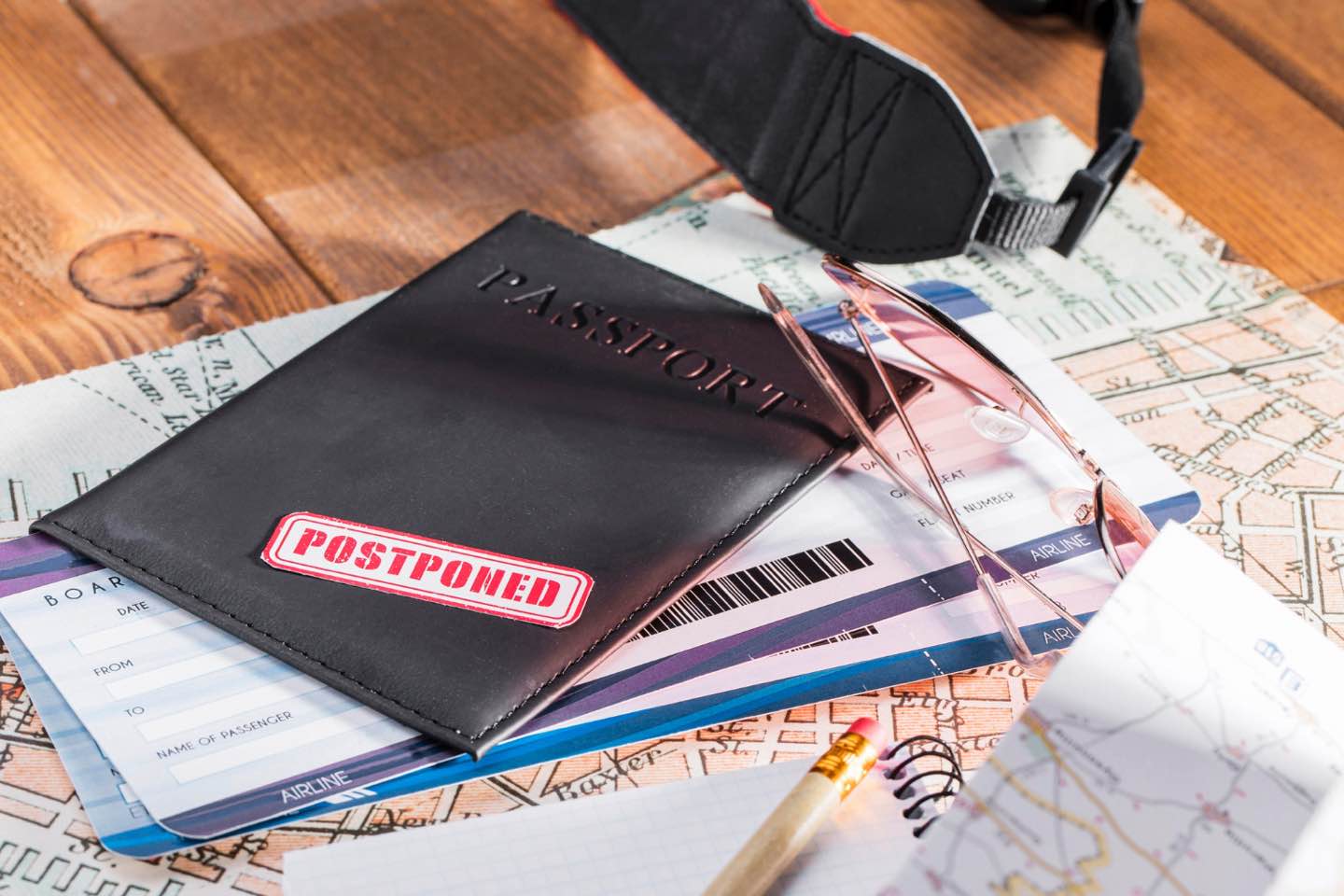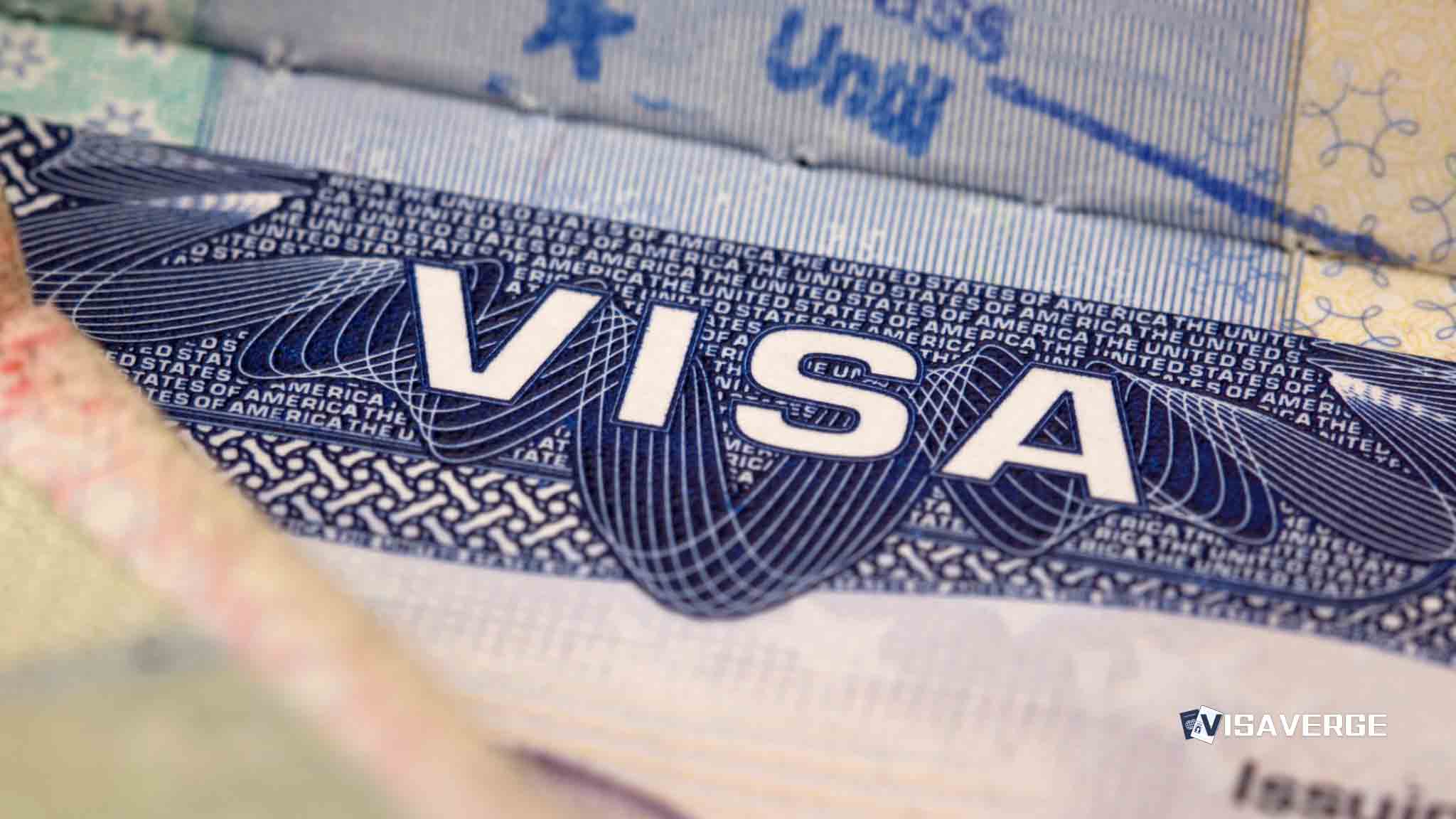Understanding the Impact of a Damaged Passport
Having a valid passport is one of the most critical elements of international travel. The tale of Jake Burton, a young man denied boarding due to a damaged passport, serves as a cautionary reminder of the importance of maintaining the condition of this essential travel document.
The Cost of a Tear
The Burton family experienced every traveler’s nightmare when they were halted at the gate due to Jake’s slightly torn passport. His parents, Rachael and Chris Burton, faced the difficult decision to either abandon their travel plans or continue without their son. The financial loss that followed, amounting to over $1,500, accentuates the gravity of seemingly minor passport damage.
“When the One Page That Matters Is Damaged”
The damage to Jake’s passport was limited to a tear above the photo page, and it was not noticed until it was too late. The UK government defines a damaged passport as one that cannot be used as proof of identity because of its condition. This includes:
- Peeling laminate
- Detached pages
- Cuts on critical pages
- Tears, rips, or bite marks
Despite the family’s belief that the damage was minor, Ryanair’s assessment was that Jake’s passport was not valid for travel. As Rachael recounted,
“They accepted the passport right away and said that they would try to get us on a different flight,”
Unfortunately, no alternative flights were available. Other parties, including a border control agent, thought the passport looked fine, echoing Rachel’s frustration:
“I’m so sorry for you because I think these passports are fine.”
However, the decisive opinion of the airline gate agent led to Jake being denied boarding, highlighting the inconsistent interpretations of passport damage between different authorities.
Preventing Denied Boarding Due to Passport Issues
As an immigration expert, I can’t emphasize enough how vital it is to prevent any damage to your passport and understand each airline’s policy on damaged passports. Here are several passport care tips to avoid the situation that befell the Burton family:
- Regularly Inspect Your Passport:Before every trip, take a moment to inspect your passport for any damage. Check for tears, loose pages, or other signs of wear that could become problematic.
-
Use a Passport Cover:
Investing in a protective cover can prevent most types of damage due to normal handling and travel.
-
Store Your Passport Safely:
When not in use, keep your passport in a safe, dry place where it won’t be exposed to the elements or potential physical damage.
-
Avoid Using Your Passport as an Everyday ID:
The more frequently a passport is used, the higher the chance of wear and tear. Using alternative forms of ID can help keep your passport in pristine condition.
-
Understand Airline and Immigration Policies:
Familiarize yourself with the airline’s specific policies on damaged passports. You can usually find this information on the airline’s official website or by directly contacting their customer service.
For more detailed guidelines on what is considered a damaged passport and the proper handling, refer to your country’s passport office or visit the official UK government’s passport advice and services page.
Overcoming a Damaged Passport Scenario: What Are Your Rights?
When confronted by the unfortunate scenario of a damaged passport:
- Approach the airline’s customer service and inquire about solutions or alternatives.
- Contact your country’s embassy or consulate if overseas; they can provide guidance or issue emergency travel documents if necessary.
-
Document any inconsistent responses by authorities and seek a formal appeal or complaint if you believe the assessment was unfair.
Recovering from the Loss
Jake’s story teaches us the importance of awareness and vigilance with our travel documents. After all, a simple thing like a passport tear not only can disrupt your travel plans but can also lead to financial loss. As Jake’s mother wisely advises:
“With it being that small, I didn’t realize something like this could jeopardize you going.”
In conclusion, to prevent losing any significant amount of money or missing a long-anticipated trip, take the time to check your passport, use it cautiously, and protect it as you would any valuable possession. If you find yourself with a damaged passport, act promptly to replace it before your next adventure beckons. For inquiries about renewing or replacing a damaged passport in the UK, you can start the process at the Official UK government website.
Jake’s experience stands as a vital lesson to all travelers: a small tear in a passport can result in a significant tear in the fabric of our travel dreams. Let’s ensure our passports are as ready for an adventure as we are.
So, folks, the moral of the story is clear – don’t let a tiny tear become a travel nightmare! Take care of your passport like it’s the crown jewel of your life (because, let’s be honest, it kinda is). And if you want more expert advice on all things passport and visa, head over to visaverge.com. Your wanderlust will thank you!
This Article in a Nutshell:
A damaged passport can ruin travel plans. An example is the story of Jake Burton, who wasn’t allowed on a flight due to a small tear. The financial loss for his family exceeded $1,500. To avoid this, regularly check your passport, use a protective cover, store it carefully, and know airline policies.














